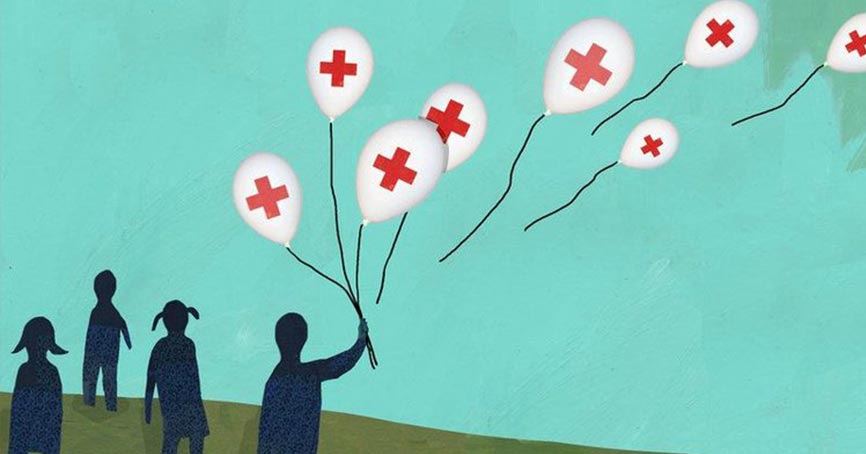A proper diet is a key to a healthy mother and fetus. During pregnancy, every mother should be careful about the things she is eating. It should have all the essential nutrients for the well-being of herself and the fetus. As the only source of nutrition for the baby is the food the mother eats. One can consider the following pregnancy nutrition plan:
Pregnancy Nutrition plan: Nutrients One Must Have In Diet!
1) Folic Acid & Related Food:
During pregnancy extra blood is required by the body. It is important to take a prenatal vitamin with the suggested 400 mcg (micrograms) of folic acid can help to reduce the risk of baby's birth defects in the brain and spinal cord.
The foods that are rich in folic acid are lentils, green leafy vegetables, kidney beans, citrus fruits, and beans. In some of the food types, folic acid is added as a supplement, such foods are cereal, pasta, bread, rice, and flours.
2) Iron & Related Food:
One of the important parts of red blood cells is iron and helps in the flow of oxygen in the body. As per
ACOG, American Congress of Obstetricians and Gynecologists,
the daily recommended dose of iron during pregnancy is 27 mg, which is found in most prenatal vitamin supplements. Iron helps in avoiding the risks of stress and fatigue. Not only this, but Iron also helps to avoid problems like depression and irritability.
Foods like lean beef, pork, sardines, and green leafy vegetables contain iron and thus, must be taken by the mother.
3) Vitamin D & Related Food:
Vitamin D & calcium combined helps in the development of fetus' bones and teeth. A pregnant woman is
advised to take 600 international units of vitamin D a day. Vitamin D also helps in healthy eyesight and skin.
Fatty fish like salmon and milk fortified with vitamin D are good sources of vitamin D. Sunlight is also a good way to absorb vitamin D in the body.
4) Protein & Related Food:
Protein is one of the most important nutrients that is required for the proper growth of the body. It also provided enough energy to the body to help repair and build different body parts. Brain, blood, and muscles in the body are built with the help of protein. It is crucial for the overall growth and development of the fetus.
Food like seafood, eggs, beans, soy products, nuts, and lean meat, etc. are the good sources of protein.
5) Calcium & Related Food:
Calcium helps in defining and building bone structure and teeth. Thus, a proper intake of the same is a mandate. Calcium also ensures that the heart is beating at a normal pace and blood is clotting normally for the proper functioning of the body.
As per ACOG, "
All women, including pregnant women, aged 19 years and older should get 1,000 mg of calcium daily; those aged 14–18 years should get 1,300 mg daily."
One can drink milk and intake other dairy products to ensure the intake of calcium. Other than dairy products, one can eat dark and leafy green vegetables, bread, almonds, juices, and fortified cereals.
6) DHA & Related Food:
During pregnancy, a baby's brain, eyes, and central nervous system are developed with the help of DHA. Henceforth, a proper amount of DHA is a must in the diet. Baby's birth size is also dependent on the intake of DHA. Prevention of premature deliveries is possible if a good amount of DHA is taken by the mother. Around 200 milligrams of DHA must be taken by pregnant women on a daily basis.
Fish like herring, salmon, trout, and halibut, are good sources of DHA. One can also check for the amount of DHA present in milk, orange juice and eggs written on the package label.
7) Iodine:
Iodine is important for baby's brain and nervous system development. Brain, spinal cord, and nerves help the baby to move and walk, hence, a mother must take around 220 micrograms of iodine.
Good sources of iodine are fish, milk, cheese, yogurt, iodized salt, fortified cereal, and bread.
What One Must Avoid?
One must avoid products that can cause foodborne illness. Such as anything made with
unpasteurized milk and products. Avoid
soft cheeses like queso Blanco, brie, queso fresco, panela, etc. Other than these, avoid foods like sushi, undercooked meats and poultry (chicken), beef, and mayonnaise, as well to reduce the risk of getting a foodborne illness.
Another food that can be of concern is fish. Avoid
Fish with high levels of mercury. Hence, fishes like King mackerel, orange roughy, swordfish, ahi tuna, and bigeye tuna, etc. contain high levels of mercury.
Bibliography:
https://www.mayoclinic.org/healthy-lifestyle/pregnancy-week-by-week/in-depth/pregnancy-nutrition/art-20043844
https://www.maxhealthcare.in/blogs/dietetics/what-should-be-nutrition-during-pregnancy
https://www.mayoclinic.org/healthy-lifestyle/pregnancy-week-by-week/in-depth/pregnancy-nutrition/art-20046955
https://mothers.horlicks.in/Nutritional-Needs-During-Pregnancy.html
https://www.acog.org/Patients/FAQs/Nutrition-During-Pregnancy
https://my.clevelandclinic.org/health/articles/12593-pregnancy-nutrition

 Jun 04, 2019
Jun 04, 2019
 May 30, 2018
May 30, 2018 May 10, 2018
May 10, 2018 May 17, 2018
May 17, 2018